After rejecting a $3.6 billion offer from the Canadian and Ontario governments, First Nations along Lake Superior are taking their fight for treaty justice to the Supreme Court. This comes after a six-month deadline set by the Supreme Court for negotiations expired this week.
In July, the Supreme Court of Canada ruled that the federal and Ontario governments had six months to reach a negotiated settlement to address 150 years of insufficient treaty payments for affected First Nations along Lake Superior in Northern Ontario . That six-month deadline expired this week. First Nations along Lake Superior in Northern Ontario have turned down a $3.
6-billion offer from government officials and say they will ask the Supreme Court to make a better compensation offer for failed treaty promises in a landmark case. Chief Wilfred King of Gull Bay, one of the Robinson Superior nations, told The Globe and Mail late Monday that their next move is to seek a just amount through the courts. “We’re just going to ask the court now to hopefully rule in our favour in terms of an amount that’s … just and honourable,” Mr. King said.The Chief said both governments ignored evidence during negotiations related to how much wealth Canada and Ontario took from their lands and territories. He said the governments offered a joint amount of $3.6-billion. “They consigned our communities to intergenerational poverty while they appropriated tremendous benefits for themselves. They continue to deny to our communities what we have lost as a result of their breaches. Their decision today does not make up for 175 years of refusing to share the wealth of our lands,” says a statement from Mr. King and Chief Patricia Tangie of Michipicoten First Nation on behalf of the Robinson Superior nations. The federal office of the Ministry of Crown-Indigenous Relations told The Globe Monday that despite working with the Robinson Superior nations and Ontario to meet the six-month deadline set by the Supreme Court of Canada, the parties could not find common ground. “In keeping with the Court’s guidance, we are moving forward to provide the financial compensation to the Robinson Superior Treaty First Nations. We have recently informed the 12 First Nations of the amount that Canada will provide as compensation. We believe this is fair and just compensation to honour our treaty obligations and address these past wrongs,” Kyle Leonard, spokesperson for the federal department, said in an e-mail. He added that the amount offered is fair, just and honourable and based on “the factors set down by the Supreme Court of Canada, our past discussions with our treaty partners, all the facts in this case, and the evidence heard during the trial.” Ontario Ministry of the Attorney-General representatives did not reply to e-mails from The Globe and Mail Monday seeking comment on the negotiations and their outcomes.The case involves 12 Robinson Superior treaty nations of Anishinaabek living along the northern shores of Lake Superior who were promised by government officials in the 1850 Robinson Treaty that their $4-per-person annuity would be raised from time to time. The only time that happened was in 1875. The resulting Robinson Treaty lawsuit had been before Canada’s civil courts for more than 20 years before last summer’s Supreme Court decision. That ruling described an “empty shell of a treaty promise” by government officials who behaved in “dishonourable,” “egregious” and “shocking” ways over decades. A neighbouring group known as the Robinson Huron nations settled a similar dispute out of court with Canada and Ontario in 2023 for $10-billion. They saw that money flow last year, compensating families for 170 years of failed promises. The nations had to decide how the money would be disbursed with most voting to keep a percentage for the collective nation and a percentage to its members. The original 19th-century agreements were known as the Robinson Treaties, and included several thousand Indigenous people living along Lakes Huron and Superior in Northern Ontario. “The Crown has dishonourably breached its sacred promises to them under the Robinson Treaties for almost 150 years,” the Supreme Court ruling said earlier this year. According to the decision, there were 13,456 beneficiaries of the Robinson-Superior Treaty as of 2017. Treaty signatories signed written agreements that ceded some land but mostly for the shared use and benefits of vast territories in Northern Ontario. Those ancestors agreed on the understanding they would thrive from resource sharing, and the treaty provided for annual payments in perpetuity that were to increase periodically based on land use and development. “The treaty promised that, as the Crown benefited from the exploitation of natural resources over the years, the First Nation treaty beneficiaries would also benefit by having their annuities increased,” the statement from Mr. King says. Instead, “the annuities have been frozen at a shocking $4 per person,” the Supreme Court ruling from July said
First Nations Treaty Rights Canada Ontario Supreme Court Robinson Superior Treaty Indigenous Justice Compensation
Canada Latest News, Canada Headlines
Similar News:You can also read news stories similar to this one that we have collected from other news sources.
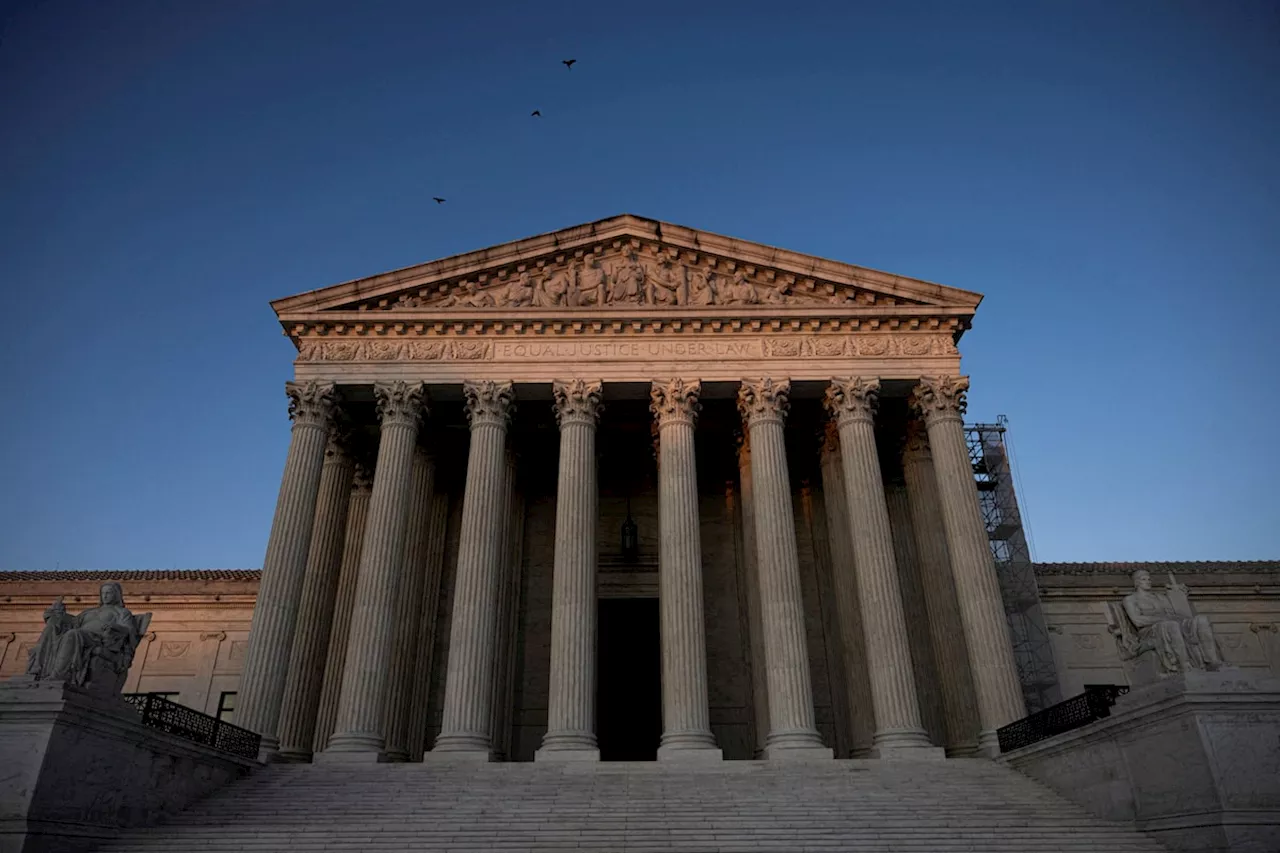 Supreme Court to Decide on Oklahoma's First Taxpayer-Funded Religious Charter SchoolThe U.S. Supreme Court agreed to hear a case involving two Catholic dioceses seeking to establish the nation's first taxpayer-funded religious charter school in Oklahoma. This case tests the separation of church and state, as a lower court blocked the establishment of St. Isidore of Seville Catholic Virtual School due to concerns over violating the First Amendment.
Supreme Court to Decide on Oklahoma's First Taxpayer-Funded Religious Charter SchoolThe U.S. Supreme Court agreed to hear a case involving two Catholic dioceses seeking to establish the nation's first taxpayer-funded religious charter school in Oklahoma. This case tests the separation of church and state, as a lower court blocked the establishment of St. Isidore of Seville Catholic Virtual School due to concerns over violating the First Amendment.
Read more »
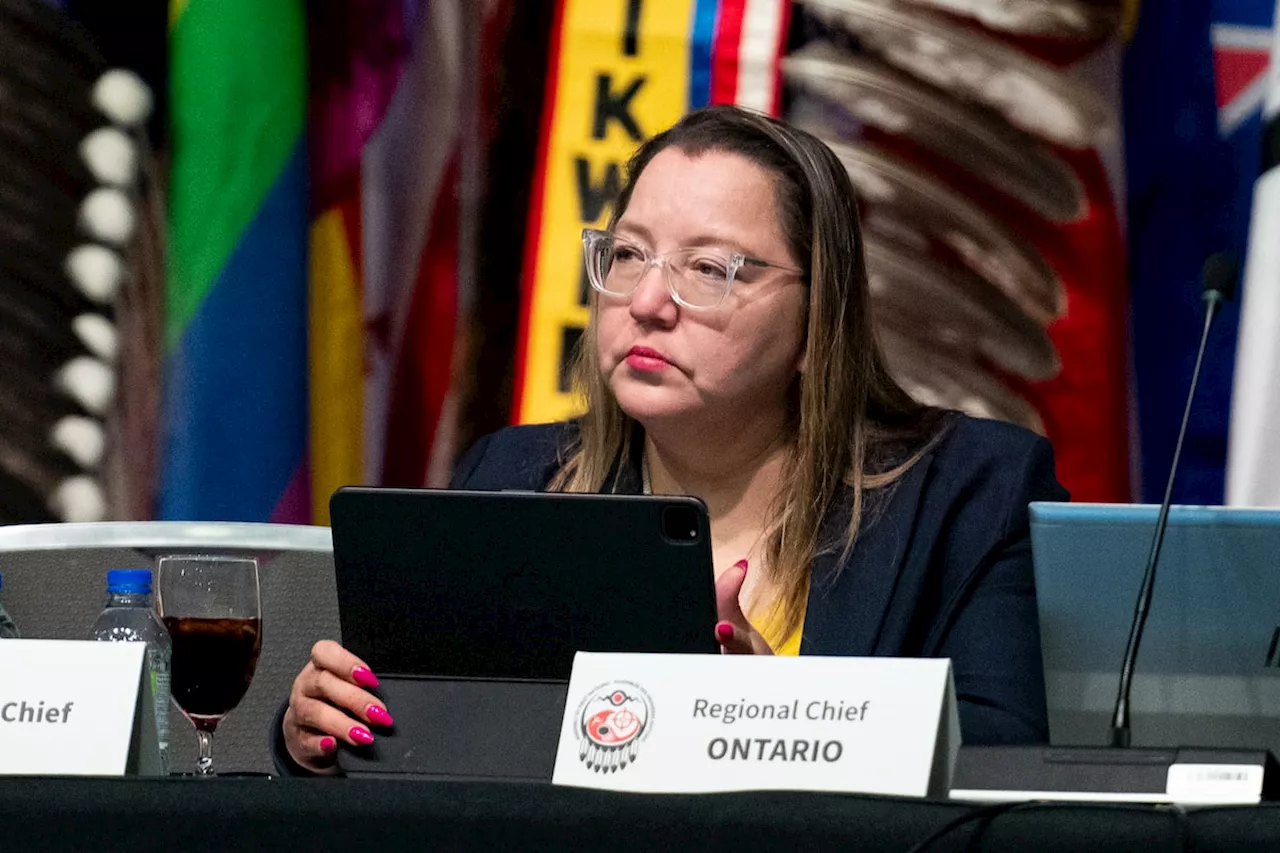 First Nations Demand Action on Child Welfare Reforms After Deal RejectionThe First Nations Child and Family Caring Society is urging the Canadian Human Rights Tribunal to compel the federal government back to the negotiation table for national child welfare reforms. The call follows the rejection of proposed changes by First Nations chiefs on two occasions last year. The Assembly of First Nations National Chief is seeking clarity on the process after Canada indicated a willingness to renegotiate only with First Nations in Ontario.
First Nations Demand Action on Child Welfare Reforms After Deal RejectionThe First Nations Child and Family Caring Society is urging the Canadian Human Rights Tribunal to compel the federal government back to the negotiation table for national child welfare reforms. The call follows the rejection of proposed changes by First Nations chiefs on two occasions last year. The Assembly of First Nations National Chief is seeking clarity on the process after Canada indicated a willingness to renegotiate only with First Nations in Ontario.
Read more »
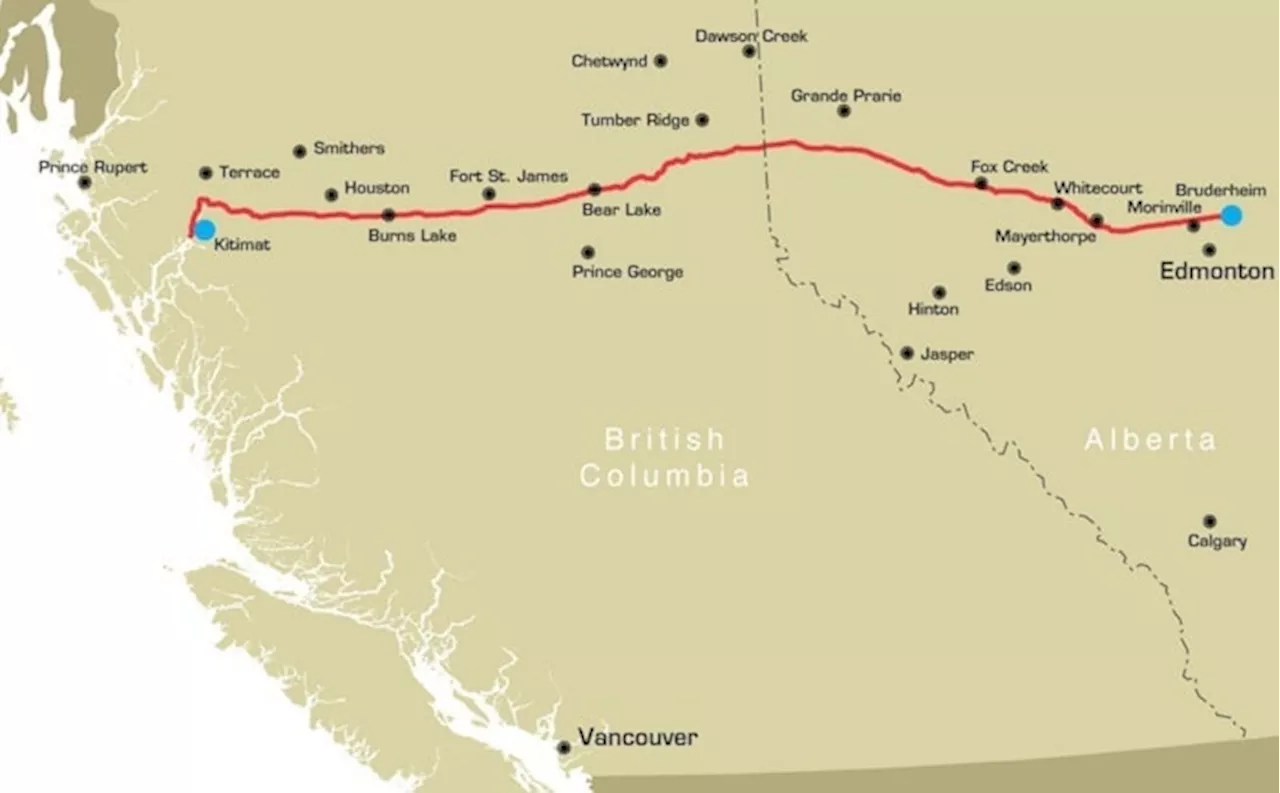 B.C. First Nations Demand Seat at the Table Amid US Trade ThreatsAs the US threatens tariffs on Canada, B.C. First Nations are asserting their right to be involved in negotiations. Leaders emphasized the importance of First Nations land ownership and rights, calling for full partnership in formulating responses to the trade threats. The issue highlights the broader concerns facing First Nations in B.C., including housing, the opioid crisis, inflation, and the state of the economy. Meanwhile, Premier David Eby has announced a task force to address the tariffs, which will include a representative from the First Nations Leadership Council.
B.C. First Nations Demand Seat at the Table Amid US Trade ThreatsAs the US threatens tariffs on Canada, B.C. First Nations are asserting their right to be involved in negotiations. Leaders emphasized the importance of First Nations land ownership and rights, calling for full partnership in formulating responses to the trade threats. The issue highlights the broader concerns facing First Nations in B.C., including housing, the opioid crisis, inflation, and the state of the economy. Meanwhile, Premier David Eby has announced a task force to address the tariffs, which will include a representative from the First Nations Leadership Council.
Read more »
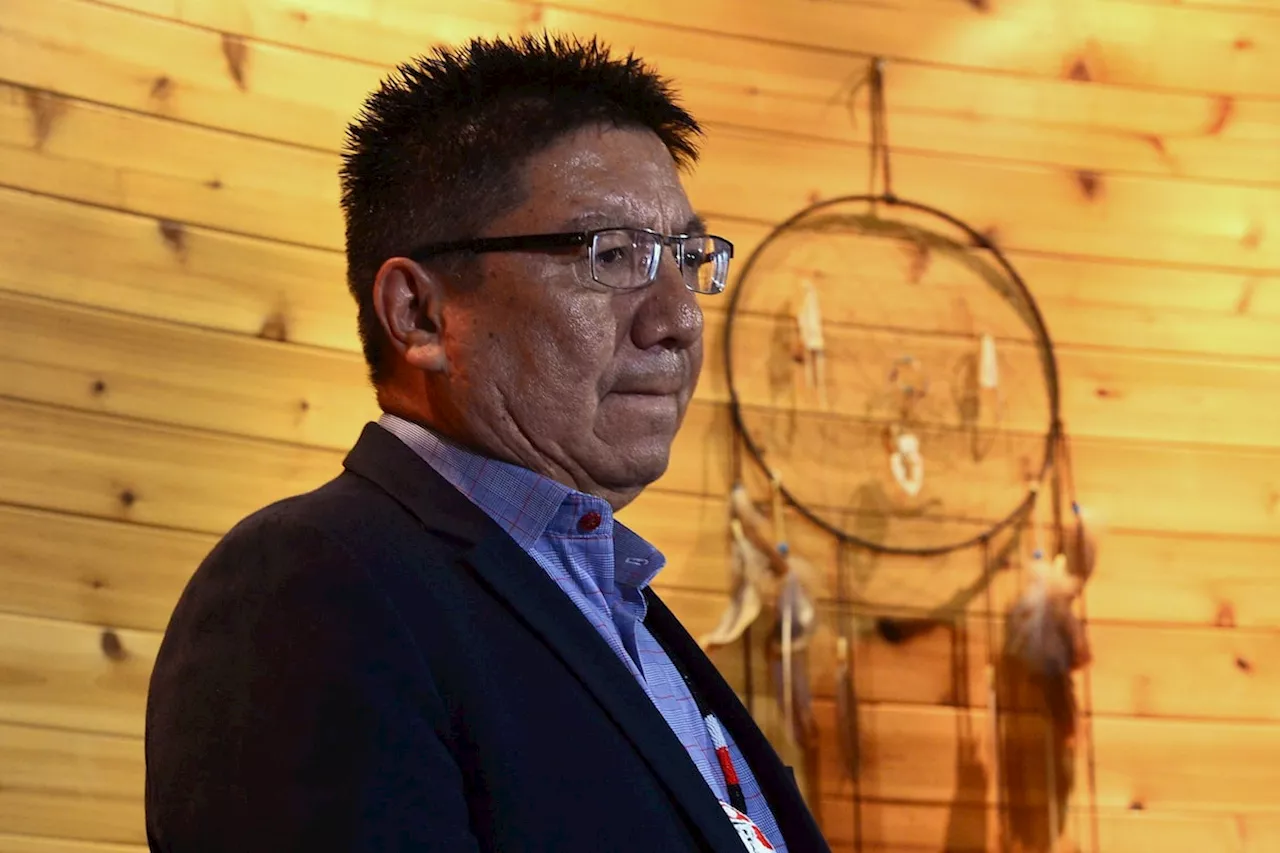 Canada Ends National Talks on First Nations Child Welfare, Focuses on Ontario NegotiationsCanada has paused national negotiations to improve child welfare for First Nations children, but will continue talks with Ontario First Nations. A rejected $47.8-billion settlement sparked debate, with Ontario chiefs supporting it while others sought further discussions. The dispute stems from a historic court case alleging Canada's discriminatory practices against First Nations children and families.
Canada Ends National Talks on First Nations Child Welfare, Focuses on Ontario NegotiationsCanada has paused national negotiations to improve child welfare for First Nations children, but will continue talks with Ontario First Nations. A rejected $47.8-billion settlement sparked debate, with Ontario chiefs supporting it while others sought further discussions. The dispute stems from a historic court case alleging Canada's discriminatory practices against First Nations children and families.
Read more »
 Ontario Announces Historic $500 Million Investment in First Nations PolicingOntario has signed a historic accord with the Nishnawbe Aski Nation Police Service (NAPS), committing $500 million over three years to double its officer ranks. Indigenous leaders hailed the deal as a model for other provinces, urging Ottawa to follow suit.
Ontario Announces Historic $500 Million Investment in First Nations PolicingOntario has signed a historic accord with the Nishnawbe Aski Nation Police Service (NAPS), committing $500 million over three years to double its officer ranks. Indigenous leaders hailed the deal as a model for other provinces, urging Ottawa to follow suit.
Read more »
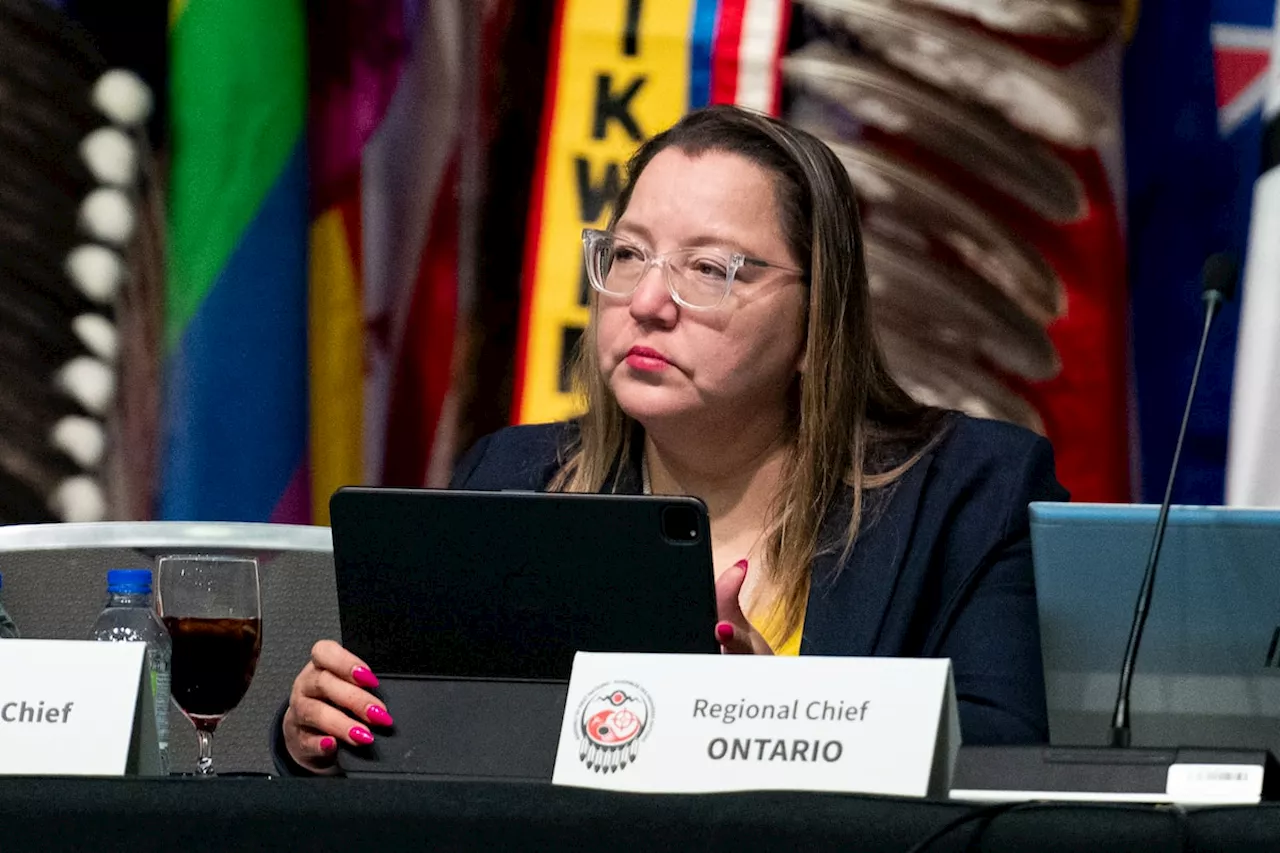 Assembly of First Nations Chief Focuses on Unity in New YearAfter a divisive year marked by disagreements over a child-welfare agreement with Canada, National Chief Cindy Woodhouse Nepinak aims to unite First Nations and strengthen the Assembly's voice. She believes discussions on child-care issues, though unsuccessful in securing immediate funding, represent progress and highlight the shared commitment to empowering First Nations families.
Assembly of First Nations Chief Focuses on Unity in New YearAfter a divisive year marked by disagreements over a child-welfare agreement with Canada, National Chief Cindy Woodhouse Nepinak aims to unite First Nations and strengthen the Assembly's voice. She believes discussions on child-care issues, though unsuccessful in securing immediate funding, represent progress and highlight the shared commitment to empowering First Nations families.
Read more »
